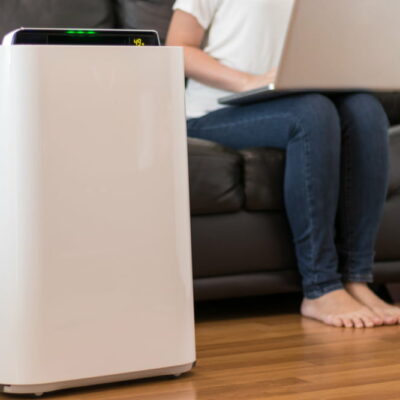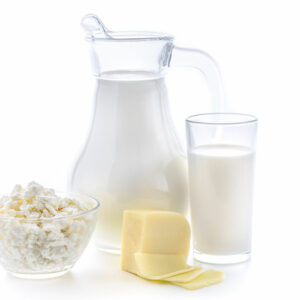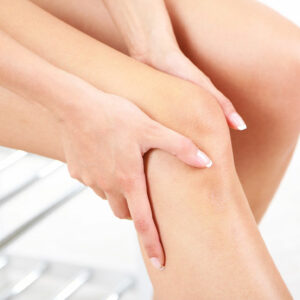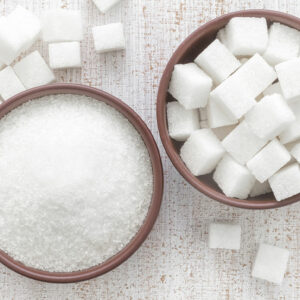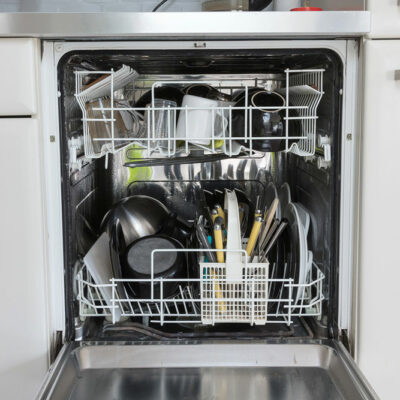
01
6 common dishwasher mistakes to avoid
Dishwashers have become an important appliance in most households as they save a lot of time and effort that goes into washing the dishes manually. However, despite these appliances being so common, there are certain mistakes individuals tend to make with them. These mistakes can lead to a lot of problems and cause damage to the appliance. So, to ensure that one uses the dishwasher safely, here are some common mistakes one must avoid. Rinsing the dishes before loading One of the most common mistakes individuals often make when using dishwashers is rinsing the dishes before loading them into the appliance. This is not only a waste of their time and efforts but also a waste of water. A dishwasher is designed in such a way that it can perfectly wash soiled dishes, regardless of how unclean they are. The only thing one would need to do before placing the dishes into the dishwasher is remove any solid food residues. All other things can be managed by the appliance. Moreover, dishwashers function by sensing how dirty the plates are so they can use the right amount of water and energy to clean them. So if one rinses some of the dishes, the dishwasher might sense the load as not-so-dirty.
Read More 